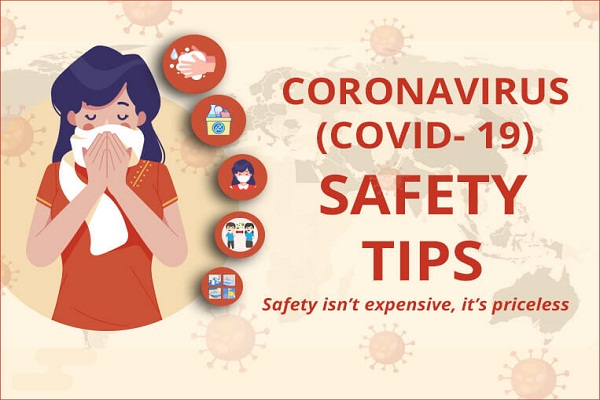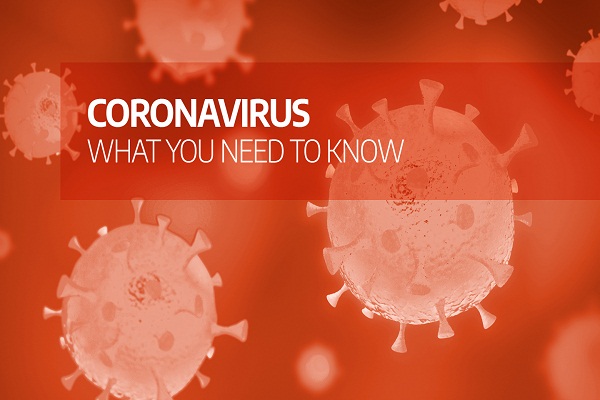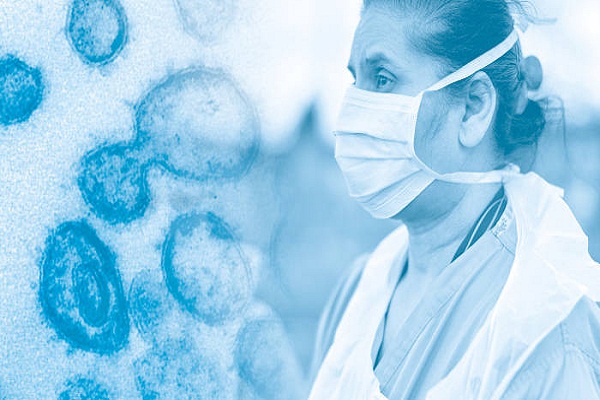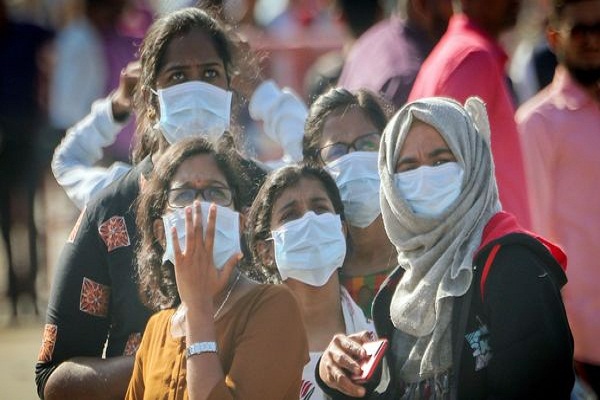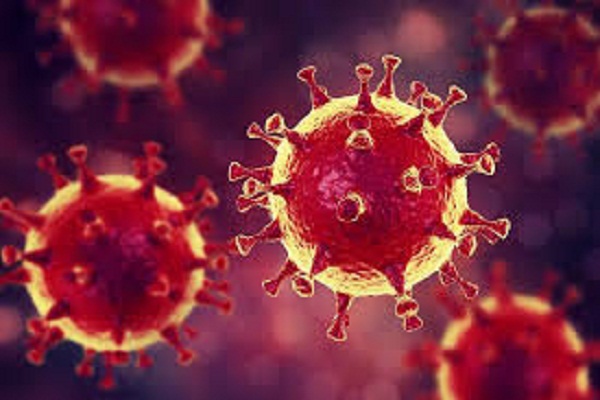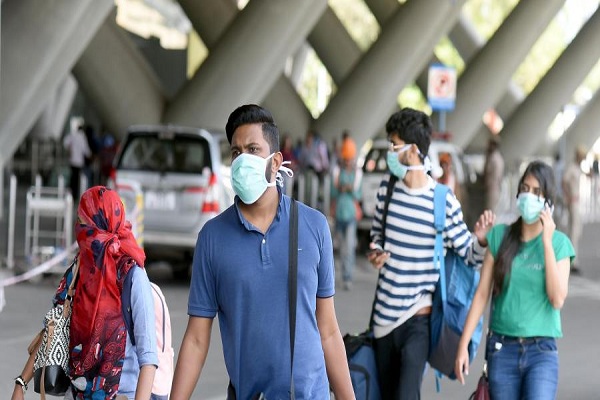
Reproductive system is sensitive to variations in the environments. According to medical researches, metals and chemicals in the air, water, food and health harm fertility in many ways. The toxicants lead to inexorable reduction in sperm count in men while women undergo worse anovulation, loss of fetal capability and impaired implantation.
In the recent decades, the cases of infertility have amplified. Some report says environment pollutants adversely influence the mammalian fertility, semen quality and fertilization success rates in vitro fertilization (IVF). Humans are often exposed to a wide range of chemicals in their everyday environments. This deliberately impacts the fertility rate.

Infertility is said when the female is unable to conceive even after trying unprotected sex for 1 year. Infertility is a major concern today. We can see numerous cases of infertility these days. Even the artificial reproduction system is wedged these days, environment pollutants being one of the major reasons for this.
Here are key things to know about the impact of environment pollutants on fertility:
Impact of pollutants

Exposure to air pollutants such as particulate matter, ozone, sulphur dioxide, other volatile organic compounds leads to several health concerns, including reproductive system. These pollutants are negatively associated with the sperm quality of male. The reduced sperm quality further leads to less fertility.
In females, exposure to these pollutants leads to preterm birth or decreased fecundability. It also leads to endocrine disruption and impairing fertility.
Particular matter is one of the main pollutants that affect air quality. Particular matter has been found to be significantly associated with reduced fertility rates, reduced live birth and increased risk of miscarriage in IVF.
Exposure to dioxin
Talking broadly, contamination to health hazards in the environment causes major disorders in human reproductive system. Dioxin exposure leads to abnormal spermiograms in male. Maternal disclosure to dioxins is also associated with reduced fetal growth. This exposure is also associated with other negative reproductive factors in men and women with relative consistency.
Exposure to pesticides
Exposure to pesticides also affects pregnancy. Just consuming foods with pesticide level decreases fertility by surprising level, researches have proved. Decreased fertility has also been linked with occupational exposure to chemical agents in several studies published in the past.
Exposure to nitrogen dioxide and sulphur dioxide
Nitrogen dioxide is the source of anthropogenic emissions of nitrogen oxides into the atmosphere, due to the combustion of fossil fuels in stationary sources. Under ambient conditions, nitric oxide is rapidly transformed into nitrogen dioxide by atmospheric oxidants such as oxygen. The exposure leads to inconsistent infertility.
Also exposure to sulphur dioxide results in decrease in DNA syntheses. SO2 is the combustion of fuels containing sulphur; on combustion, the sulphur in the fuel is converted almost quantitatively to SO2.
Conclusion
Due to the ubiquitous presence of human in the ambience and exposure to consumer products, there are negative reproductive outcomes. Many of the studies published demonstrate significant negative associations between exposure to the specific chemicals and reproductive outcomes in both men and women.
The negative reproductive outcomes are associated with overall health in men, women and offspring. Environmental exposures also shake the health status of the child in the fetus. Some cases of miscarriage have also been reported due to these issues.
Some past researches have proved that the couples residing in polluted areas (more industrialized) are prone to more infertility ratio. Couples living in non-polluted areas face less difficulty. Exposure to alcohol and cigarettes also results in infertility. These pollutants may be present in the nearby ambience.
(Disclaimer: The write is Dr Kshitiz Murdia, Medical Director, INDIRA IVF group. Views expressed are a personal opinion.)
Be a part of Elets Collaborative Initiatives. Join Us for Upcoming Events and explore business opportunities. Like us on Facebook , connect with us on LinkedIn and follow us on Twitter , Instagram.


